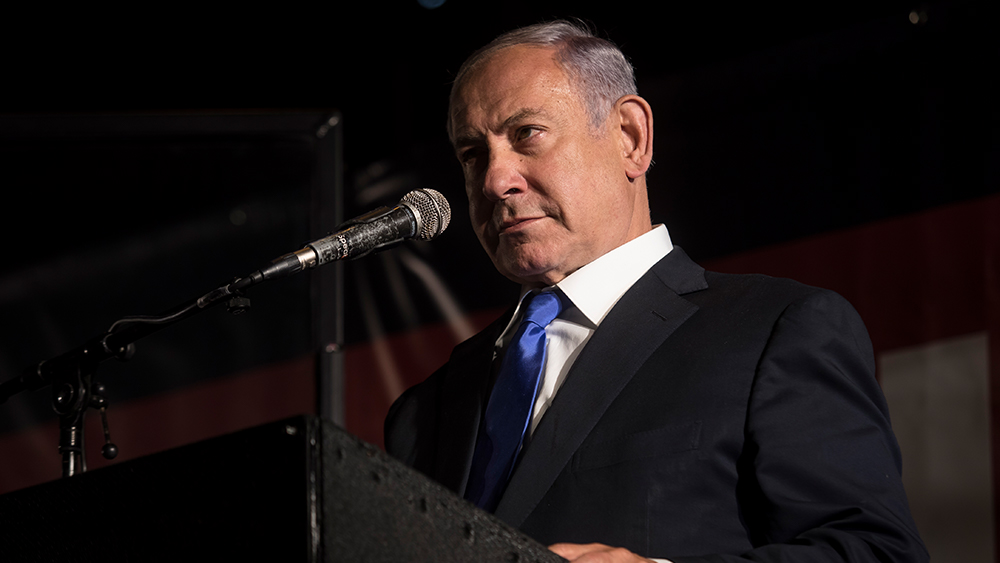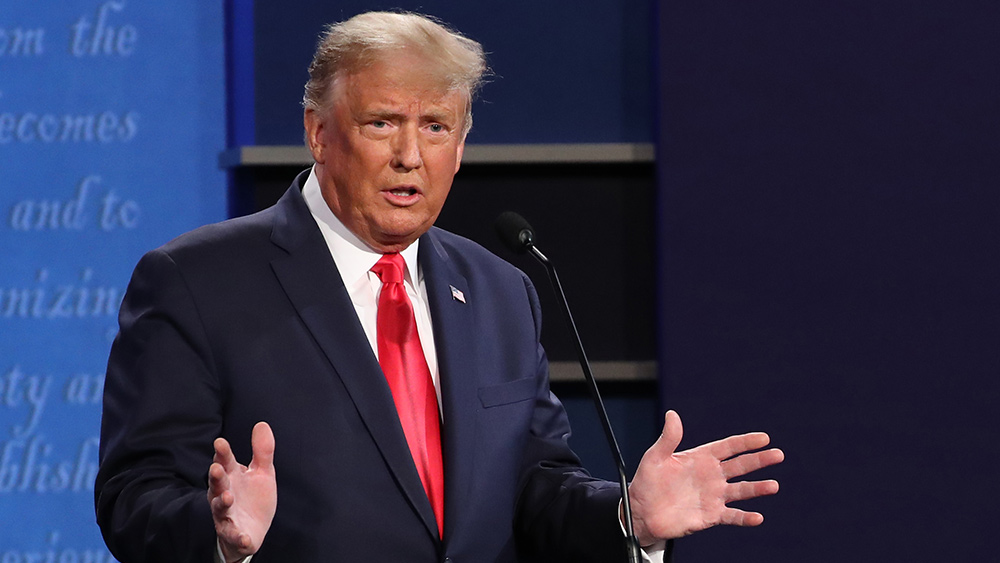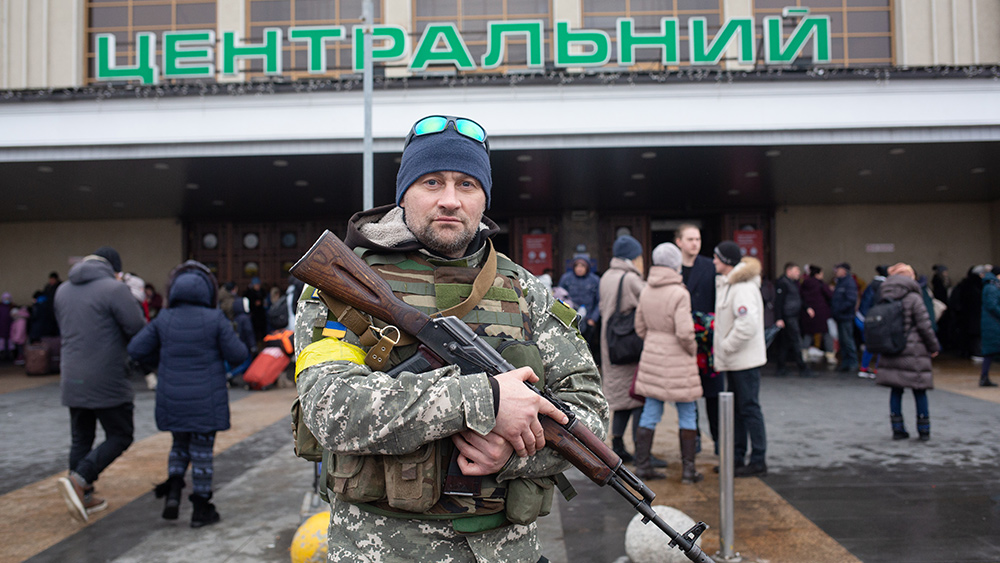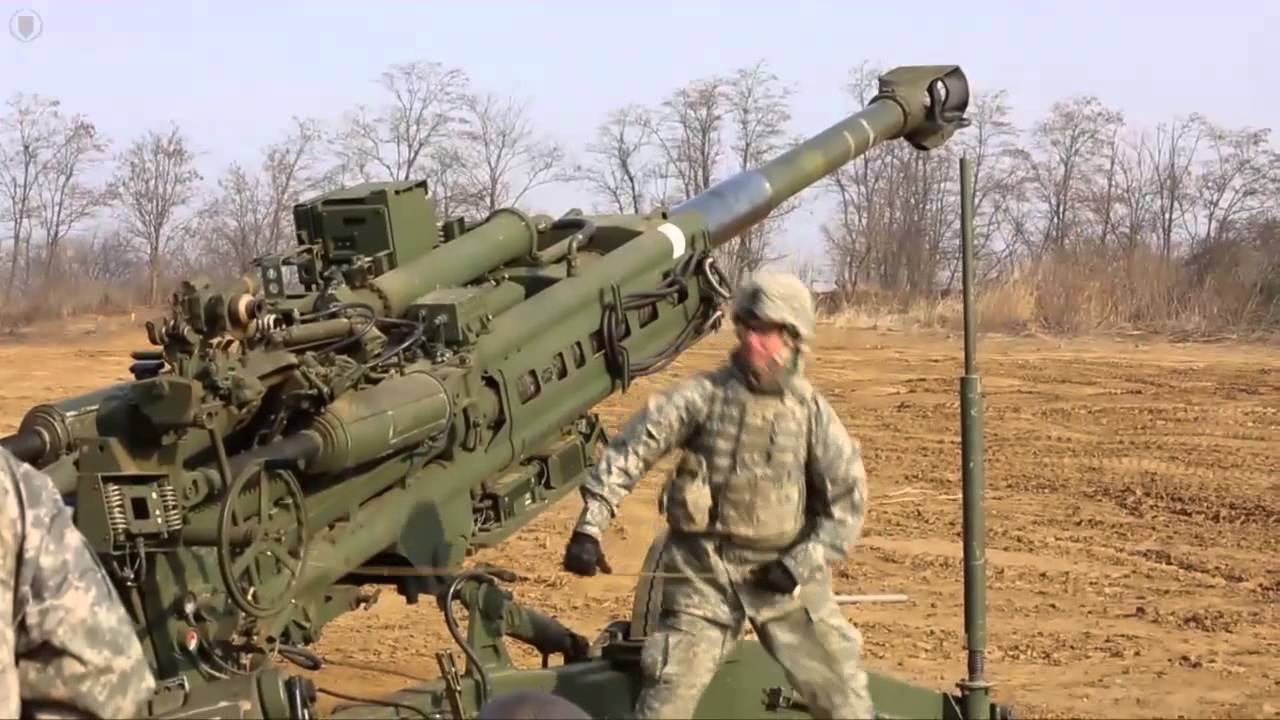 Parler
Parler Gab
Gab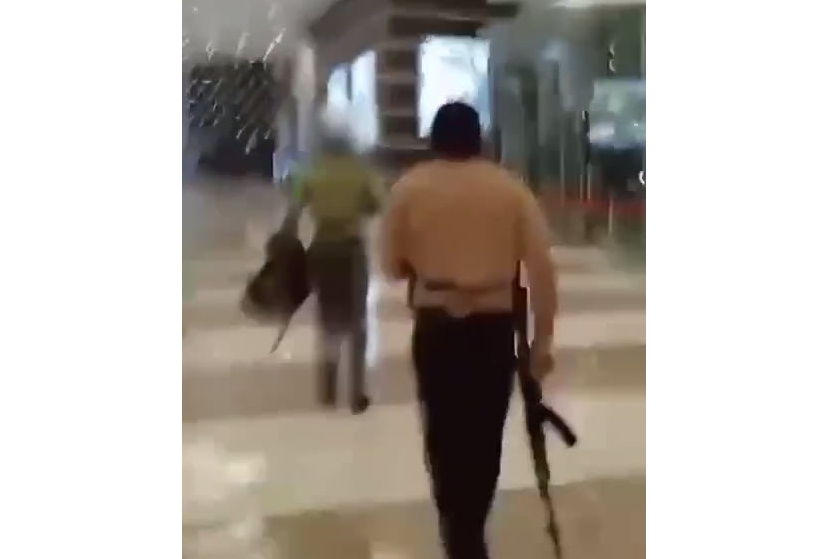
Russia says it found financial ties between attackers and Ukraine
The Investigative Committee of the Russian Federation later announced that it received “verifiable information that the perpetrators of the terrorist attack received significant amounts of money and cryptocurrency, which were used in preparing the crime, from Ukraine.” They added that an investigation of the electronic devices belonging to the detained terrorists revealed a connection to Ukrainian nationalists. Russian authorities said they already have a suspected “financier” of the attack in custody and that Ukraine paid the perpetrators “large amounts” of money. So far, 11 people have been arrested in connection with the attack. Belarusian President Alexander Lukashenko, an ally of President Vladimir Putin, appeared to contradict some of the Russian claims, however, saying that the attackers were originally planning to enter Belarus instead of Ukraine but diverted after encountering checkpoints at the Belarusian border. It was only then that they decided to head to Ukraine, he claimed.Ukraine denies involvement in the attack
Ukraine has adamantly denied any involvement in the attack. French President Emmanuel Macron said French intelligence had information that jihadists were behind the attack and warned Russia not to use it as a way to blame Ukraine and stir up anti-Ukrainian sentiment. Earlier this month, the U.S. publicly warned Russia that intelligence indicated “extremists” were planning an attack in Moscow soon, and they provided a written warning to the country’s security services. White House National Security Spokesman John Kirby called Russia’s allegations “nonsense and propaganda” and insisted that the responsibility for the attack lies solely with the Islamic State. Sources for this article include: ZeroHedge.com TheMoscowTimes.com TheGuardian.com Reuters.comGovernments continue to obscure COVID-19 vaccine data amid rising concerns over excess deaths
By patricklewis // Share
Tech giant Microsoft backs EXTINCTION with its support of carbon capture programs
By ramontomeydw // Share
Germany to resume arms exports to Israel despite repeated ceasefire violations
By isabelle // Share


